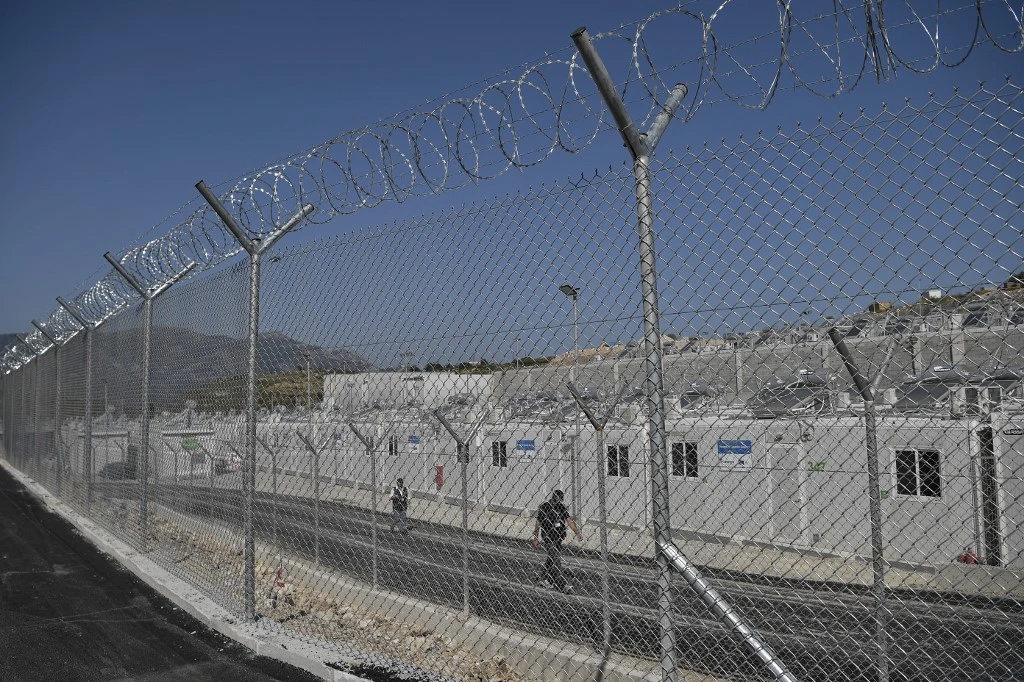US Intelligence uncovers potential Houthi-al-Shabab weapon alliance
 The surrender of Al Shahab terrorists to the combined forces of the African Union Mission in Somalia (AMISOM) in Garsale. (Wikimedia Commons/AMISOM Public Information)
The surrender of Al Shahab terrorists to the combined forces of the African Union Mission in Somalia (AMISOM) in Garsale. (Wikimedia Commons/AMISOM Public Information)
U.S. intelligence is investigating reports that the Houthis in Yemen are in discussions with the Somali-based terrorist group al-Shabab about providing weapons. This potential development could further destabilize the region, according to American officials.
Concerns over weapon transfers
U.S. officials are actively searching for evidence that Houthi weapons have been delivered to Somalia and are investigating whether Iran, which supports the Houthis, is involved. This potential cooperation has prompted the U.S. to warn regional countries and African nations have expressed concerns and sought more information from the U.S.
“This is a pretty active area of conversation that we’re having with countries on both sides of the Red Sea,” said a U.S. senior administration official. “And it’s being viewed with considerable seriousness.”
An unlikely alliance
The Houthis and al-Shabab have no historical ties and are ideologically different. The Gulf of Aden, which separates them, is a strategically important area where the Houthis have previously targeted commercial shipping.
A potential agreement could provide the Houthis with new funding and al-Shabab with more sophisticated weaponry, including drones. This could significantly impact both Somalia and the Red Sea region.
Regional stability at risk
While there has been some routine smuggling of arms between Yemen and Somalia, a formal weapons agreement between the Houthis and al-Shabab would be unprecedented. Christopher Anzalone, a professor at the Marine Corps University, highlighted the pragmatic nature of such cooperation, despite differences.
Military cooperation between the Houthis and al-Shabab could undermine the current cease-fire between the Houthis and Saudi Arabia and contradict the proposed U.N. roadmap for peace in Yemen.
“We remain committed to supporting the peace process in Yemen,” the senior administration official said.
“However, weapons trafficking between the Houthis and al-Shabab would complicate and undermine those efforts,” the official added.
Unclear details, potential threats
U.S. officials are uncertain about the specific types of weapons the Houthis might provide to terrorist organization al-Shabab. Currently, al-Shabab primarily uses rockets, mortars, and homemade IEDs, while the Houthis possess more advanced weaponry, including drones and short-range ballistic missiles. The U.S. intelligence suggested that the deal might involve more substantial equipment.



